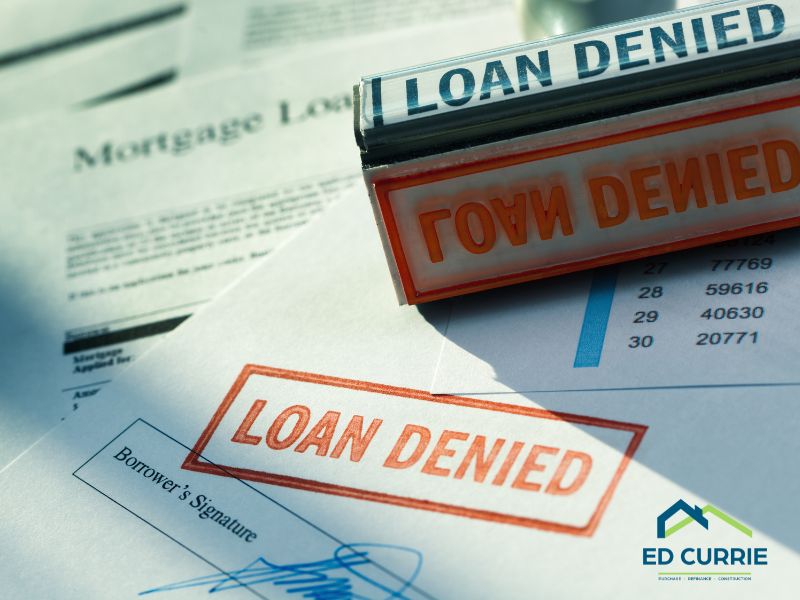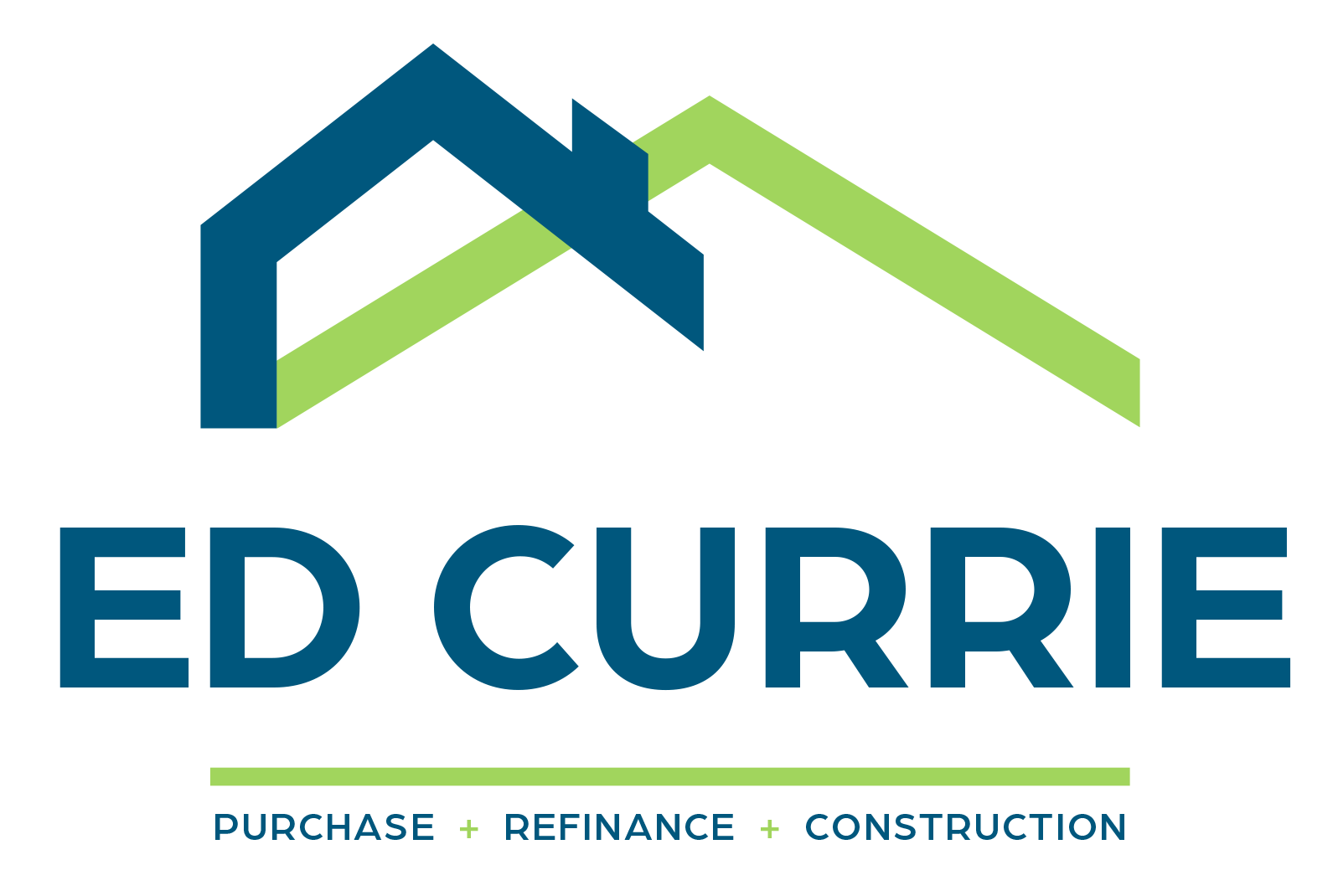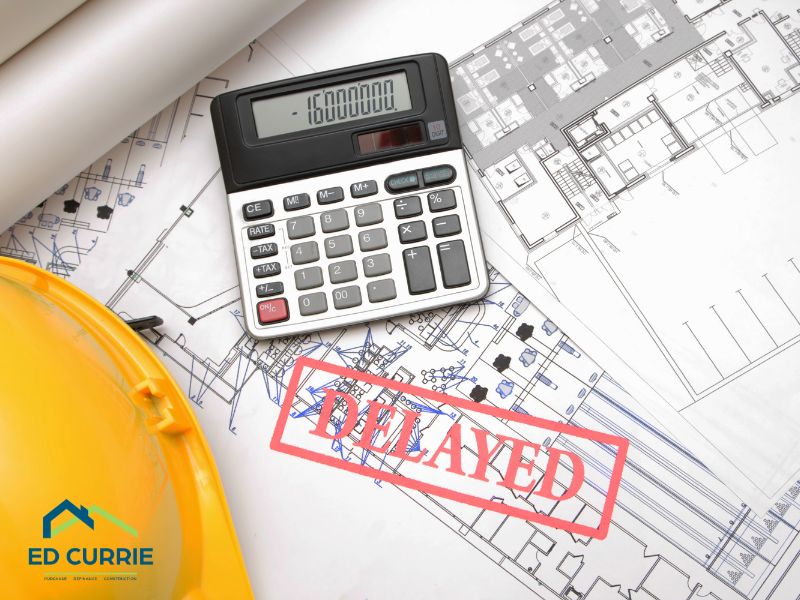 Applying for a construction loan is an essential step in bringing your dream project to life, whether it’s building a new home or constructing a commercial property. However, getting approved for this type of financing can be more challenging than traditional loans. Understanding the common reasons for denial can help you prepare and strengthen your application.
Applying for a construction loan is an essential step in bringing your dream project to life, whether it’s building a new home or constructing a commercial property. However, getting approved for this type of financing can be more challenging than traditional loans. Understanding the common reasons for denial can help you prepare and strengthen your application.
- Poor Credit Score
Your credit score is one of the most critical factors lenders evaluate. Construction loans typically have stricter credit requirements than conventional mortgages because they involve more risk.
Why it leads to denial: A low credit score signals to lenders that you may have difficulty repaying the loan, increasing their risk.
How to avoid it: Check your credit report for errors and address them before applying. Focus on improving your score by paying down debt and avoiding late payments.
- Insufficient Income or Debt-to-Income (DTI) Ratio
Lenders assess your ability to repay the loan by reviewing your income and DTI ratio. If your debt obligations are too high relative to your income, it can raise red flags.
Why it leads to denial: A high DTI ratio suggests that you might struggle to keep up with loan payments.
How to avoid it: Pay off smaller debts to reduce your DTI ratio. Provide proof of steady and sufficient income to reassure lenders of your financial stability.
- Lack of a Solid Construction Plan
Construction loans are unique because they are based on the projected value of the completed project. Lenders require a detailed construction plan, including timelines, costs, and contractor information.
Why it leads to denial: If your plans are incomplete, unclear, or unrealistic, lenders may view the project as too risky.
How to avoid it: Work with an experienced builder or contractor to create a comprehensive and realistic construction plan. Include detailed blueprints, cost breakdowns, and a clear timeline for completion.
- Insufficient Down Payment
Construction loans often require a higher down payment than traditional home loans, typically 20% to 25%.
Why it leads to denial: Without the required down payment, lenders may not approve your loan, as it indicates less commitment and increases their financial risk.
How to avoid it: Save for a sufficient down payment before applying or explore options for leveraging equity in existing property.
- Inadequate Appraisal
Lenders base part of their decision on the projected value of your completed construction project. If the appraisal doesn’t align with the loan amount, your application could be denied.
Why it leads to denial: An appraisal that comes in too low suggests the project may not be worth the investment, leaving lenders hesitant to fund it.
How to avoid it: Work with reputable contractors and architects to ensure your project plan aligns with the local real estate market.
- Choosing the Wrong Lender
Not all lenders specialize in construction loans, and some may be overly cautious or lack the expertise needed to assess your project properly.
Why it leads to denial: A lender unfamiliar with construction loans may view your application as too complex or risky.
How to avoid it: Choose a lender with experience in construction financing who can guide you through the process and evaluate your project fairly.
- Builder or Contractor Issues
Lenders often assess the qualifications and financial stability of the builder or contractor you’ve chosen.
Why it leads to denial: If your builder lacks experience, proper licensing, or financial stability, lenders may hesitate to approve your loan.
How to avoid it: Hire a reputable, licensed contractor with a solid track record. Provide proof of their qualifications and references to your lender.
Securing a construction loan requires careful preparation and attention to detail. By addressing these common pitfalls ahead of time, you can improve your chances of approval and move forward with confidence. Remember to work with an experienced lender who can help you navigate the process and ensure your application is as strong as possible.




![EdCurrie_Logo White[Transparent] EdCurrie_Logo White[Transparent]](https://edcurrie.com/wp-content/uploads/elementor/thumbs/EdCurrie_Logo-WhiteTransparent-qybu3sjgpfhje9098uitv7fpt7os2hgn52gfy6ocx4.png)